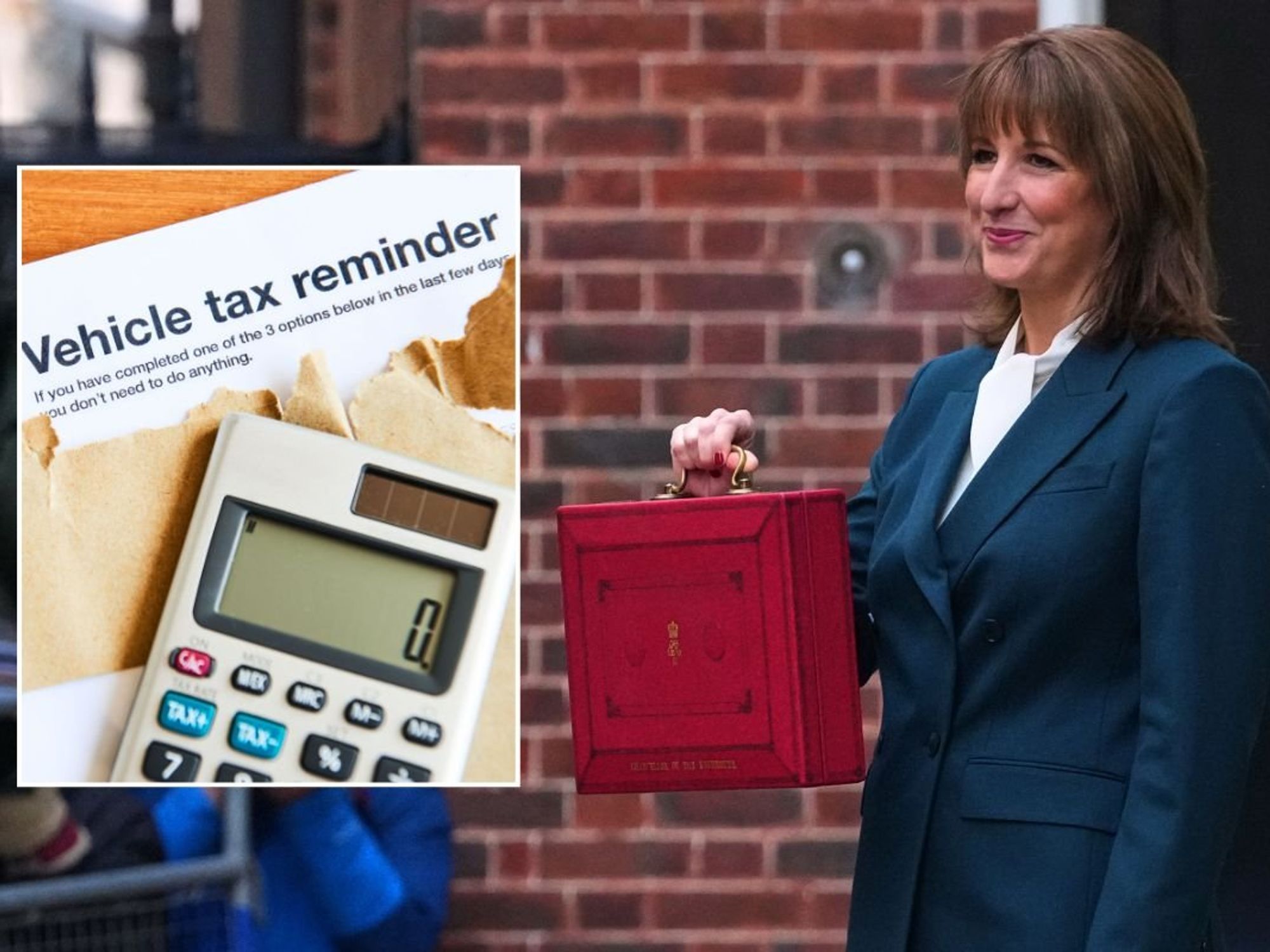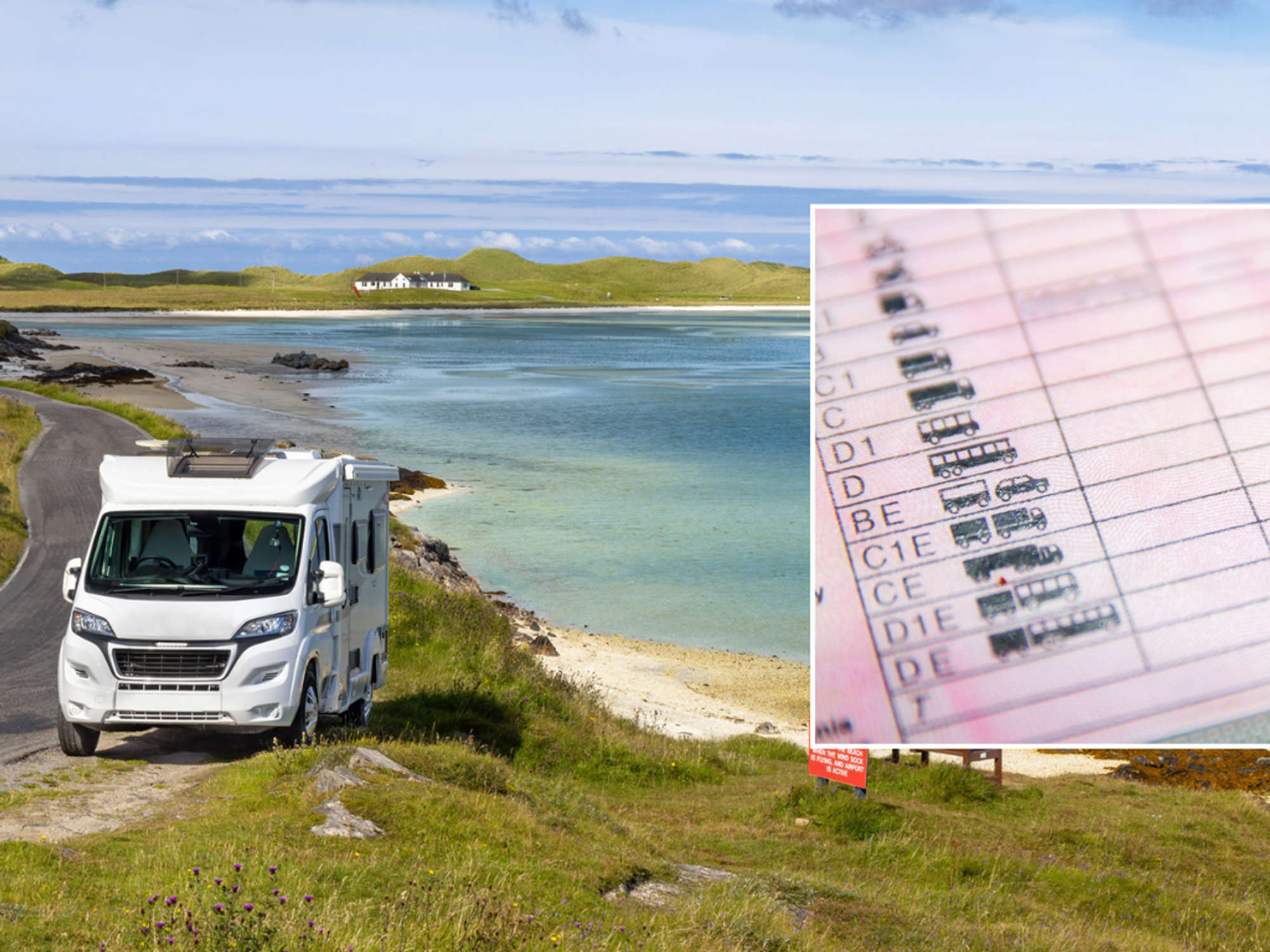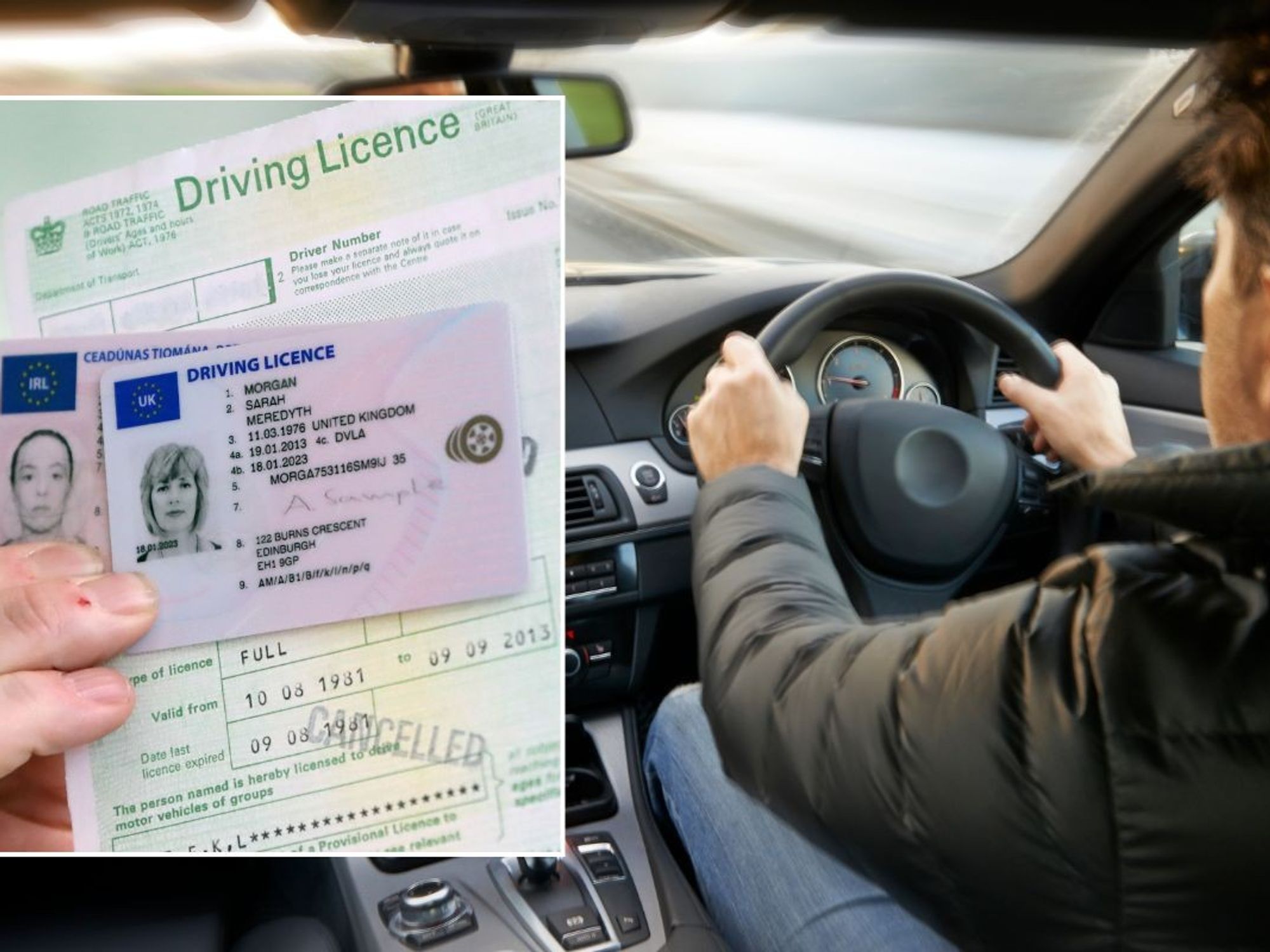Ulez labelled ‘trial’ run for pay-per-mile taxes with Rachel Reeves urged to rollout scheme nationwide

New taxes could be announced in upcoming Autumn Budget
Don't Miss
Most Read
Latest
The proposed nationwide pay-per-mile scheme could be based off London’s Ulez, with Rachel Reeves urged to introduce the measures in the upcoming Budget.
The Ulez extension implemented by London Mayor Sadiq Khan may have been more than just an environmental measure, it has been claimed. Some reports even speculate it could have been a trial run for a future nationwide road pricing system.
It comes after The Tony Blair Institute recently urged the new Labour Government to introduce a new tax system, reigniting debates on road pricing.
But this potential shift in how drivers are charged for road use has raised questions about fairness, implementation, and unintended consequences.
Do you have a story you'd like to share? Get in touch by emailing motoring@gbnews.uk
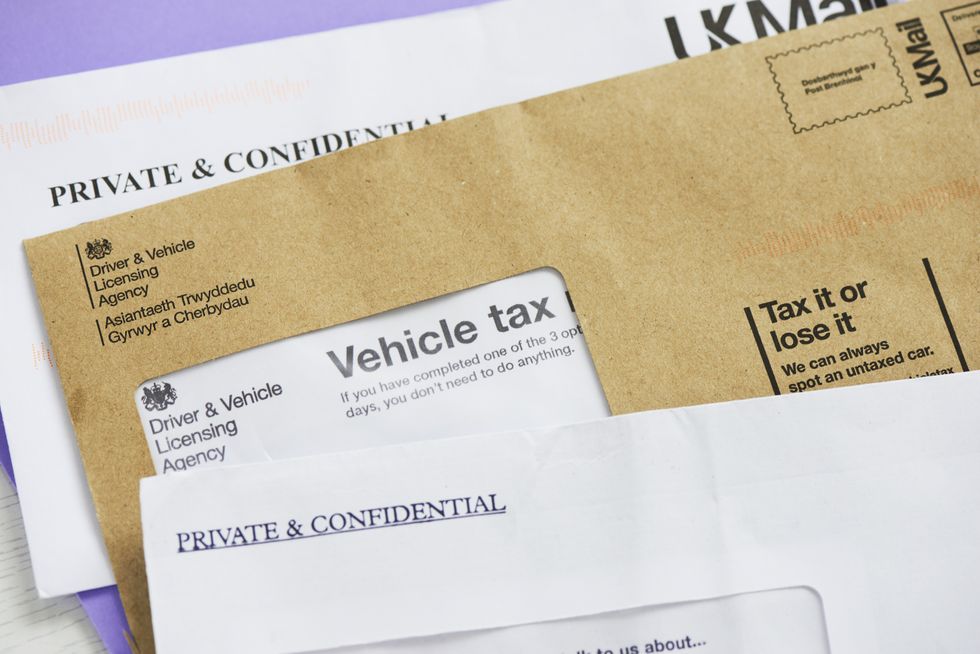 Further car tax changes will take place next year | GETTY
Further car tax changes will take place next year | GETTYAs the UK transitions towards electric vehicles, the Government faces a significant challenge. Fuel duty and Vehicle Excise Duty currently generate substantial revenue, but this income is set to decline with the rise of electric cars.
The TBI's proposal suggests a pay-per-mile rate between 1p and 2p for cars and 3p to 4p for HGVs, combined with existing fuel duty. This scheme aims to replace the current £190 VED charge.
Rhydian Jones, a motoring expert at Confused.com, explained that this change could benefit some drivers. Those who rarely use their vehicles might pay less under the new system.
Although the Government has denied plans to introduce road pricing this autumn, the issue of replacing fuel duty income remains pressing.
Jim Freeman, Chair of the British Motorcyclists Federation noted that many have speculated about the Ulez extension's broader implications.
He noted: “The recruitment of specialist staff, based not in London but the Midlands, at a data centre controlling the systems running the Ulex charging and enforcement, was a trial run for a future Labour government extending the system nationally.
“I’d suggest anyone reading this might like to see whether numerous new traffic cameras have been added in their area.”
The proposed pay-per-mile system could offer several benefits. Jones suggested it might reduce costs for infrequent drivers who currently pay the full VED charge. This could lead to decreased road congestion as people may drive less.
Electric vehicle owners could also benefit from lower pay-per-mile rates, further encouraging the shift towards greener transport. However, the scheme's impact on electric car drivers remains uncertain, especially with VED charges for EVs set to begin in April 2025.
The BMF's Political and Technical Services Director, Anna Zee, noted that motorcycling appears to have been overlooked in the TBI's proposal. She questioned whether this could mean motorcycles would pay nothing under the new system.
Zee also highlighted that VED currently contributes to the National Roads Fund, primarily targeting the Strategic Road Network.
While the pay-per-mile system could benefit some, it may pose challenges for others with Jones warning that commuters, families, and rural residents could face higher costs due to longer and more frequent journeys.
LATEST DEVELOPMENTS:
- Britons urged to save £400 on motoring costs with 'simple changes' ahead of Budget announcement
- Drivers could receive billions in compensation as car finance ruling may be 'bigger than the PPI scandal'
- Rachel Reeves told to launch 'tax incentives' amid fears petrol and diesel drivers will be hammered by cuts
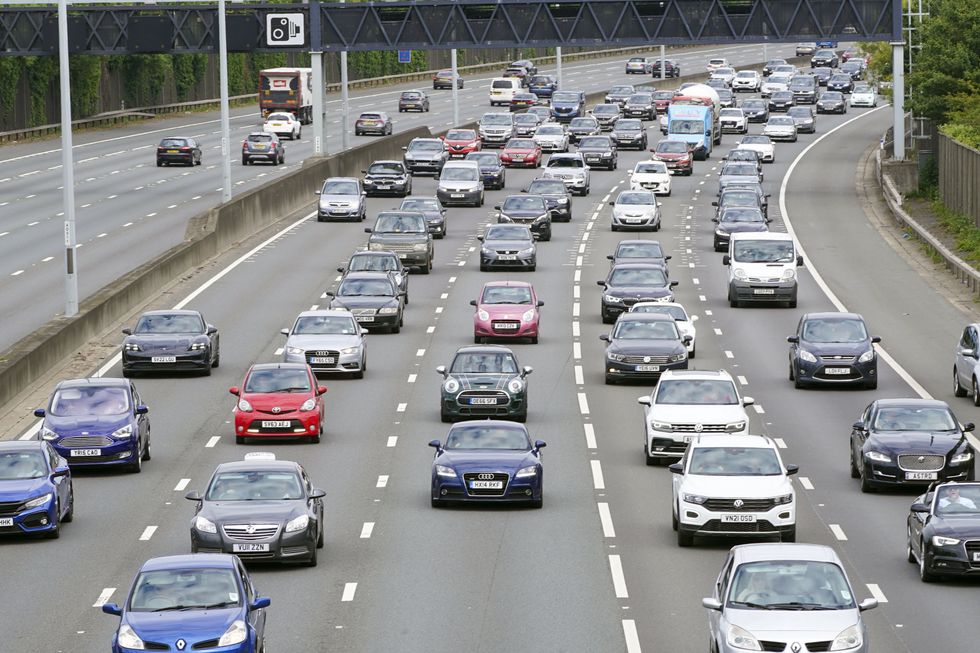 Pay-per-mile taxes could help reduce number of cars on the road | PA
Pay-per-mile taxes could help reduce number of cars on the road | PAThe potential introduction of variable rates could further impact drivers. Those who must travel during peak hours might see increased expenses.
Freeman also cautioned about potential unintended consequences, particularly if charging is based on MOT mileage. He said it is a “classic case of policy makers being unaware of the possible unintended consequences of their policies."








